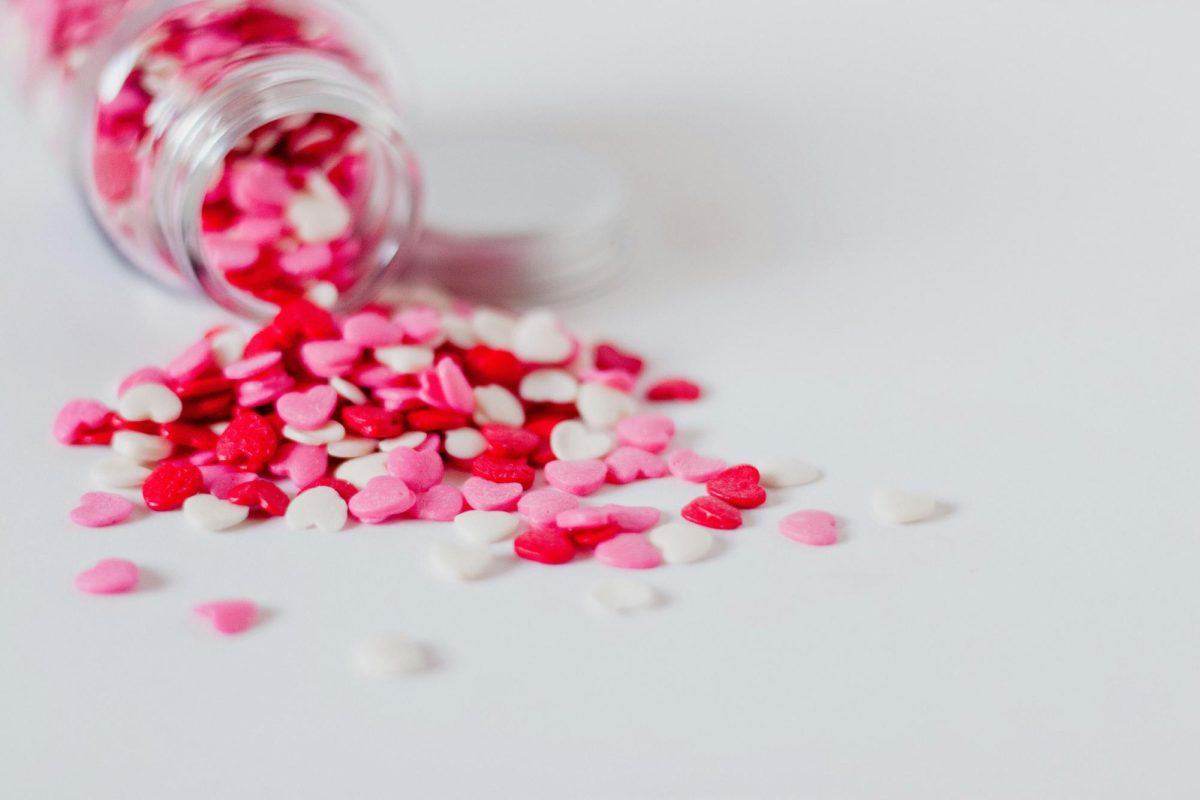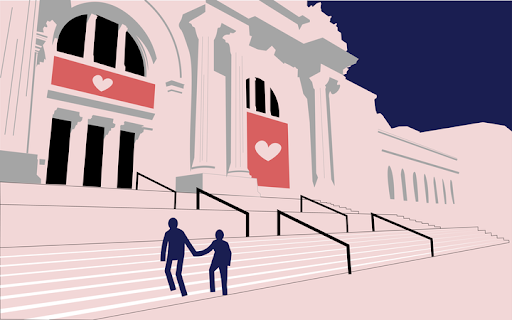
After hurdling the midterm mayhem of the fall semester, students want nothing more than to give themselves, their brains and their bodies a break. However, St. John’s University students now might find themselves facing the dreaded second half of the semester. The cold and gloomy weather, the ever-growing workloads and looming finals casts academic burnout over many students.
It can be extremely difficult to get through the colder seasons of the school year, as the diminishing daylight affects the human body in many ways. “Reduced exposure to the sun can alter the brain’s chemistry, affecting moods and behavior,” according to Best College, a college planning resource site. Limited daylight can also negatively affect the body’s circadian rhythm — the internal clock that human bodies run on — by disrupting the sleep-wake cycle and contributing to Seasonal Affective Disorder (SAD), more commonly known as seasonal depression.
For college students, the fall and winter seasons bring various academic and social stressors, and seasonal depression can manifest during the transition from late fall into early winter. Mental Health America, a mental health awareness organization, reports that about five percent of the U.S. population — equivalent to over 16 million people — experience seasonal depression.
Female students have a unique perspective on this, as about four in five of those who exhibit symptoms of seasonal depression are women. “It can be really difficult to persevere after midterms,” junior Annie Murphy said. “College students put so much pressure on themselves; between classes, work and personal lives, we juggle a lot.”
“The colder months are hard,” senior Mariana Bulko said. “It’s more difficult to concentrate, there’s a sluggish feeling in the air and there’s a lack of motivation, especially when it gets dark outside around five o’clock. I feel like the day is over so it becomes really hard to get anything done past then.”
Facing these difficulties whether it is the stress of school, a lack of motivation or seasonal depression can be hard to push through for anyone. It does not come naturally to some students to complete assignments or study for long periods at a time.
“Whenever I feel myself getting overwhelmed or becoming unmotivated I try to take a step back and give myself a break,” Murphy said. “I think it really can benefit you to do something you enjoy, like listening to music or hanging out with friends – something to clear your head. It’s the small things I find that help.”
Cornell Health research observes that taking purposeful breaks from studying — between five and 60 minutes — helps to refresh the body and brain and will increase energy, productivity and ability to focus. There are various common tactics between pushing through the semester and persevering through seasonal depression to use to re-energize yourself. Deep breathing, stretching or even taking a shower can aid in reenergizing and refocusing the mind, as can taking a nap or changing the scenery.
The school year can be stressful, as can life, and with finals looming SJU students need to put themselves first. Do the little things that you enjoy in between the difficult times; this will help break up the stressors and frustrations and allow you to be present and not consumed by debilitating factors. No matter what the second half brings, there are ways to persist and successfully complete the semester.







